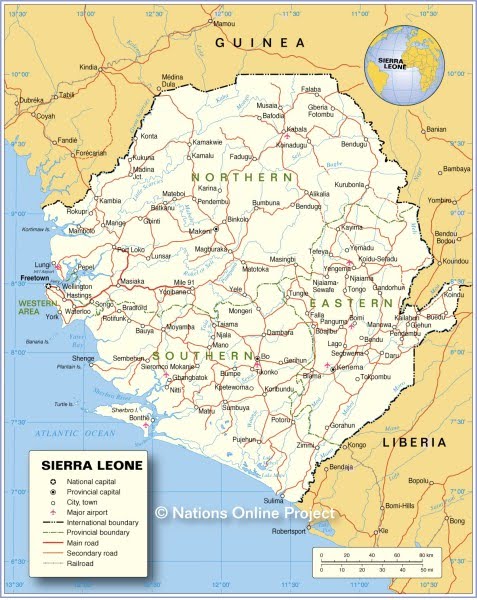

Clint Eastwood’s new film Invictus has yet to be released in Europe but is already tipped for Oscar nominations in a few months time. Based on the 1995 Rugby World Cup, it details Mandela’s masterful political acumen, in giving unprecedented black support to ‘white religion’, by not only defending the emblematic Springboks but donning ‘their’ shirt, and claiming it for the whole of the nation of South Africa, as they celebrated World Cup success.
Ghana’s national football team, The Black Stars, is named after the boat which Marcus Garvey used in 1919, to bring people of the African diaspora back to West Africa. It was Kwame Nkrumah who named the team and in 1957, as Ghana’s first president, hosted the continent’s first African Nation’s Cup. It was but one of his many strategic uses of what is often referred to as Africa’s third religion, football, to unite a nation and reinforce a Pan-Africanism, which is so strongly evident in the game of football in Africa today. Islam and Christianity are the two primary religions, with Traditional African Religion or indeed cricket being overlooked. It is to football that the masses,, men more than women turn to, as a means of transcending the daily demands of endemic poverty and the effects of corrupt political decisions.
The 27th African Cup of Nations, a 16 -team tournament, will open in Luanda, Angola, with the hosts playing Mali on Sunday 10th January. This takes place just 7 years after the end of a 27 year long civil war. The tragic shooting incident, involving the Togo team’s bus in northern Angola, is but one feature of the fragility of an infant democracy. Estimates on the cost of staging this bi-annual extravaganza have been put at one billion dollars, in a nation that has huge petroleum and mineral deposits. The juxtaposition of wealth and poverty are starkly evident throughout the country, with more than 70% of Angolans living on less than £1.00 a day. Preparations for the tournament have coincided with Angola securing its first post-war International Monetary Fund loan of £900m, with acknowledgements from the global lender of the nation’s commitment to political and fiscal reforms. Angola clearly sees itself as a rising power on the continent. The hosting of the tournament, the visits from global notables including Hilary Clinton and the opening of embassies in Luanda emphasise its growing influence.
For the 60,000 Angolan refugees who are still in the forests of the Congo and the majority of the 13 million struggling to repair and rebuild conflict-battered infrastructures, the international soccer carnival will be celebrated with religious fervour. This is the time when the African stars who play in Europe, and are watched on television in Africa, playing in English Premiership games, week by week, return to African soil. This includes idolised Chelsea striker, Didier Drogba, of the Ivory Coast, recently voted African footballer of the year. Poverty, be it rural or urban, never stops anyone from partying in Africa. Such enthusiasm challenges the stereotypes of Africa that only suggest famine, civil strife and unbridled corrupt politicians. It is a mass response of hope in the face of adversity.
The games will be played in one of four newly completed stadiums in four separate cities, which have a total capacity of only 115,000. When compared with the World Cup, to be played in South Africa later this year, very few people will be visiting Angola to give support to their national teams. Travel costs alone are prohibitively expensive with accommodation costing 400$US per night in most of Luanda’s recently completed hotels. Only a few thousand Angolans will attend the games, but hundreds of millions will receive live coverage of the same spectacle, on small screens across the continent, and in every village and town, including Freetown.


No comments:
Post a Comment